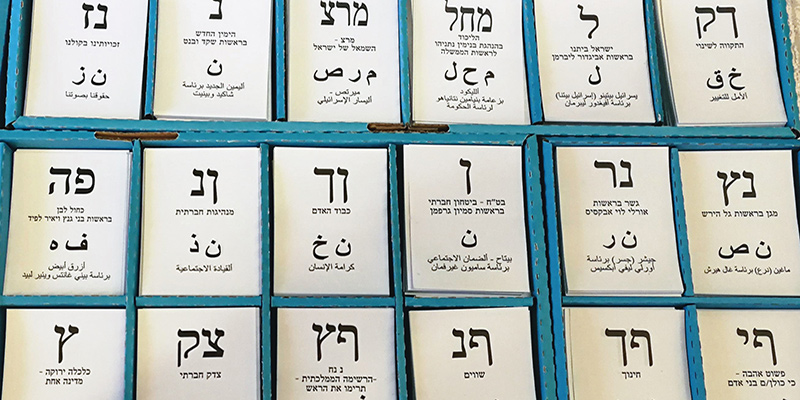

The vote count and division of seats matter, but it is the horse-trading in the formation of parliamentary coalitions that is crucial to building a new government. In Iraq, alliances tend to form and break up after each election and entire blocs can change sides. "It's possible, if there is a convergence of vision with a political tendency or deputies, and if that serves our electorate," she said. If elected, Maksousi does not rule out eventually siding with a bloc in parliament, where 329 seats are up for grabs. One candidate, Ines Naji al-Maksousi, standing for office in the city of Kut, said: "I was an independent candidate within the Sadrists. This is occurring across the political spectrum - from the movement of firebrand Shiite Muslim cleric Moqtada Sadr, to the coalition of secular former vice-president Iyad Allawi and to the State of Law Alliance of former prime minister Nuri al-Maliki. Now, all across the country, many candidates are calling themselves "independents", despite having had partisan affiliations in the past. Many of the activists and parties behind the unprecedented street protests two years ago are boycotting the vote

Previously, under the list-based system, Iraq's electorate was divided according to the 18 governorates. The new electoral law theoretically favours local candidates - which means tribal figures or local potentates - as the number of electoral districts has been increased to 83. The protests prompted Prime Minister Mustafa al-Kadhemi to move forward the ballot originally scheduled for 2022, and authorities to reform the election rules - but many of the activists and parties behind the uprising are boycotting the vote. The outgoing Iraqi parliament ahead of elections The activists have blamed pro-Iran armed groups - often part of the Hashed al-Shaabi paramilitary coalition that helped defeat the Islamic State jihadist group, and whose lawmakers now wield huge influence in parliament. Hundreds died in months of protest-related violence, and more activists have been murdered, kidnapped or intimidated since, with no accountability for the deaths. Popular anger exploded in unprecedented street protests two years ago against youth joblessness, crumbling public services and a political class seen as more loyal to Iran or the US than to Iraqi citizens. Sunday's parliamentary election is the fifth since then.īut there is little popular hope for major change through the ballot box, and widespread disillusionment persists over the political caste as most Iraqis worry more about a painful economic crisis. Iraq is emerging from almost two decades of war and insurgency since the 2003 US-led invasion toppled dictator Saddam Hussein. "The candidates want to distance themselves from the failures of their parties and try to adopt a new image, far from corruption and mismanagement," said Shammari of the Baghdad-based Iraqi Centre for Political Thought.
THE MAJOR EMERGING VOTING BLOCS ARE FREE
On campaign posters, many of the more than 3,200 hopefuls seeking office declare themselves to be free of affiliations with the powerful blocs in parliament - but not everyone is convinced.įor many, it's simply an "electoral manoeuvre", argued political scientist Ihsan al-Shammari, saying they don't want to be associated with the entrenched forces widely blamed for inept governance, graft and shady backroom deal-making. © AHMAD AL-RUBAYEįirebrand Shiite Muslim cleric Moqtada Sadr's movement is the favourite in Iraq's parliamentary election Supporters of Iraq's Fatah alliance - which held the second-biggest bloc in parliament - attend an election rally in Baghdadīut the shadow of Iraq's traditional political blocs, which are mostly defined by religious sect or ethnic group, still hovers over many of the candidates who claim to be non-aligned, raising questions about the impact of the reform. In theory, the changes will strengthen local voices as candidates can now run at the district level and as independents, allowing new hopefuls such as tribal leaders, business people and civil society activists to join the race. When Iraqis go to the polls Sunday, they will vote for individual candidates rather than parties for the first time under a new electoral law meant to appease a youth-led protest movement fed up with the country's old-style politics. In theory, Iraq's nw electoral law will strengthen local voices but the shadow of traditional political blocs hovers over many candidates


 0 kommentar(er)
0 kommentar(er)
